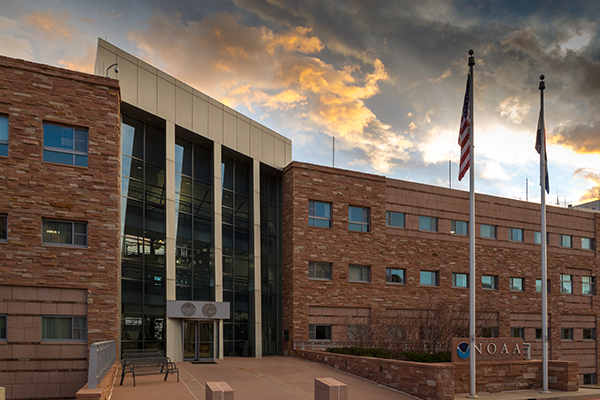
Thermodynamic and Dynamic Mechanisms for the Hydrological Cycle over the Full Probability Distribution of Precipitation Events
Gang Chen
University of California, Los Angeles
Wednesday, Oct 11, 2017, 2:00 pm
DSRC Room 1D403
Abstract
Our understanding of precipitation change in a warming climate has often been focused on either mean precipitation or precipitation extremes, but the transition from the mean to the tail of precipitation distribution has not received much attention. In this study, the hydrological cycle of the atmosphere is examined for the full probability distribution of precipitation. More specifically, a conditional mean column-integrated moisture budget of the atmosphere is applied to idealized aquaplanet model simulations and Community Earth System Model (CESM) Large Ensemble (LENS) to understand the effect of the lower level mass convergence on precipitation in comparison with that of gross moisture stratification. It is found that specific humidity and horizontal mass divergence become almost uncorrelated after conditional average, which provides a clear separation between the moisture and circulation effects on precipitation. The thermodynamic response to climate warming can be understood as the change in gross moisture stratification acting on the lower level mass divergence at low percentiles and convergence at high percentiles. As the gross moisture stratification is weighted towards the lower troposphere, the thermodynamic response follows the change in lower tropospheric moisture rather than the change in column water vapor (CWV). The dynamic effect is associated with changes in large-scale atmospheric circulation such as the poleward shift of storm tracks or changes of the Hadley cell circulation. These results provide a robust framework for thermodynamic versus dynamic mechanisms of the hydrological cycle over the full probability distribution of precipitation.
You must provide an accepted form of identification at the Visitor Center to obtain a vistor badge. Security personnel also inspect vehicles prior to entrance of the site. Please allow extra time for these procedures.
After receiving a badge, you must arrive at the DSRC Lobby at least 5 minutes before the seminar starts to meet your security escort. If you arrive after that time, you will not be allowed entry.
Foreign Nationals: Please email the seminar contact at least 48 hours prior to the seminar to provide additional information required for security purposes.
Seminar Contact: Shannon.Kelly@noaa.gov